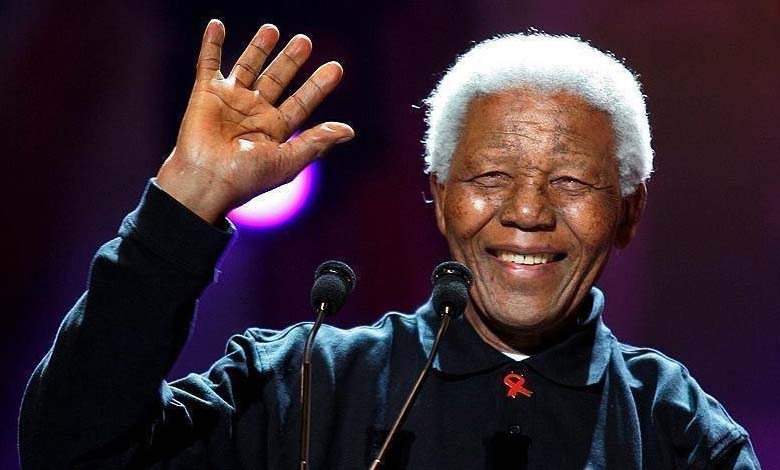Nelson Mandela: the hero of patience battles

“It always seems impossible until it’s done.” These words by Nelson Mandela reflect a deep-rooted belief: never lose sight of your goal, no matter how unreachable it may seem. Mandela always knew what he wanted, and that is what made him victorious in his long battle of patience.
-
African Union Forces Helicopter Crashes in Somalia
-
Gold and Drones: Alternative Funding and New Maps of Terrorist Threats in the African Sahel
He was not eager to strike a quick deal or gain immediate advantage with the apartheid regime in South Africa. This refusal to rush was the foundation of his endurance, his legendary aura, and the path that led him to triumph in a slow, relentless confrontation—until the collapse of one of the darkest systems of racial segregation.
A delay before leaving prison
When Mandela was told that he would be released unconditionally after spending 27 years behind bars, he didn’t rush to the door. Instead, he asked for a one-week delay.
-
Breach of Fortified Cities and Strategic Attacks: Terrorism Unsettles the African Sahel
-
Among Them Arab and African Countries: U.S. Negotiates with Third Countries to Host Migrants
That happened on February 10, 1990. It wasn’t the first offer of release. Five years earlier, he could have walked free had he agreed to abandon his fight for Black rights and dignity. Pieter Botha, the president of the apartheid regime at the time, had proposed freedom in exchange for silence. Mandela declined, firmly believing that freedom is never granted—it must be earned.
He was finally released on February 11, 1990. Calmly and deliberately, he walked out of prison and resumed his political struggle until apartheid was dismantled. In 1994, he was elected president of a united South Africa, for both Black and White citizens.
-
Arming Dynamics of Extremist Groups in the African Sahel: What Is the Source of Their Arsenal?
-
The African Sahel: The deadliest hotspot of violence on the continent for the fourth consecutive year
The United States wasn’t in a hurry either
According to the same report, the United States also took its time. In August 1988, the U.S. State Department placed the African National Congress (ANC), led by Mandela, on its list of terrorist organizations. In January 1989, the Department of Defense went further, labeling the ANC as one of the “most notorious terrorist groups in the world.”
Even after Mandela became president and apartheid officially ended, the ANC remained on the U.S. terror watchlist for another 14 years. Until 2008, Mandela and other ANC officials needed special waivers to enter the U.S. for official visits.
-
With Weapons and Soldiers, the Russian Bear Strengthens Its Influence in the African Sahel
-
Rising Terrorist Activities in the African Sahel… “Global Report”
Ironically, in 2002, the United States awarded Mandela the Presidential Medal of Freedom. Yet it wasn’t until 2008 that his name and those of his comrades were removed from the list.
The secret of resilience
According to Russia Today, Mandela’s strength lay in his clarity of purpose. He was never tempted by quick wins. His legend is built as much on moral integrity as on unwavering patience.
-
Mauritania Warns: The “African Sahel” Region among the World’s Most Severe Crisis Hotspots
-
Rise in Al-Qaeda activities in the African Sahel… What factors led to this?
Mandela had a unique definition of courage: “I learned that courage was not the absence of fear, but the triumph over it. The brave man is not he who does not feel afraid, but he who conquers that fear.”
His vision of freedom was equally profound: “To be free is not merely to cast off one’s chains, but to live in a way that respects and enhances the freedom of others.”
-
Mali: ‘Wagner’ Suffers Defeat in ‘African-Style’ Combat
-
Hundreds of African Migrants Victims of Organ Trafficking Voluntarily and Coerced
Having spent 27 years in dark prison cells, he once said: “A calm mind and a kind heart make a wonderful combination.” And he revealed the true source of his strength: “Do not judge me by my success. Judge me by how many times I fell and got back up again.”
Already in 1964, during his trial and under the threat of a death sentence, Mandela expressed his philosophy with remarkable composure: “Death is inevitable. When a man has done what he considers to be his duty to his people and his country, he can rest in peace.”











